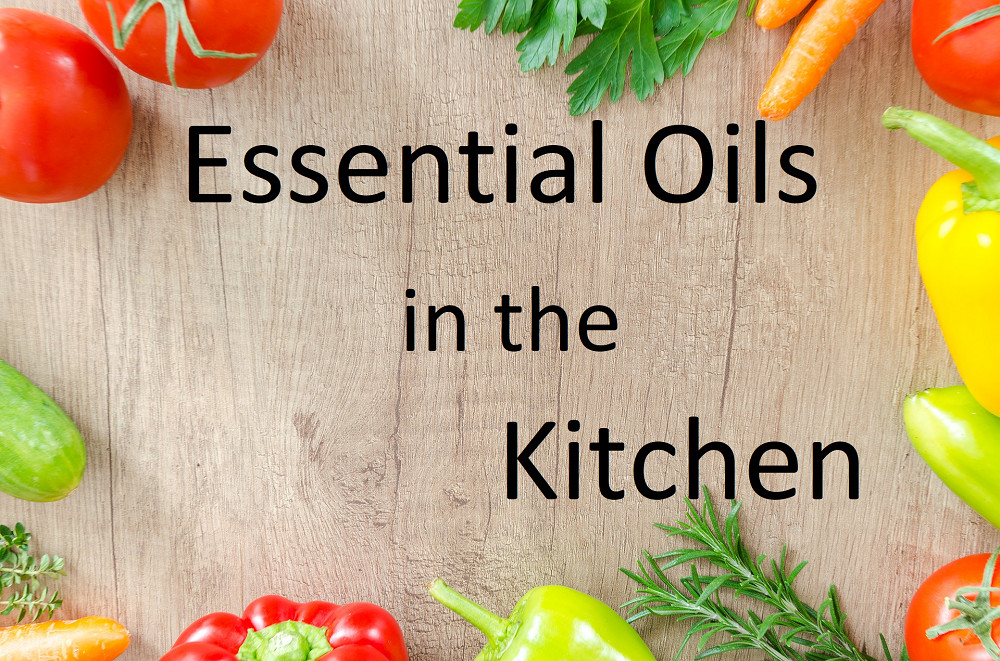
Essential Oils in the Kitchen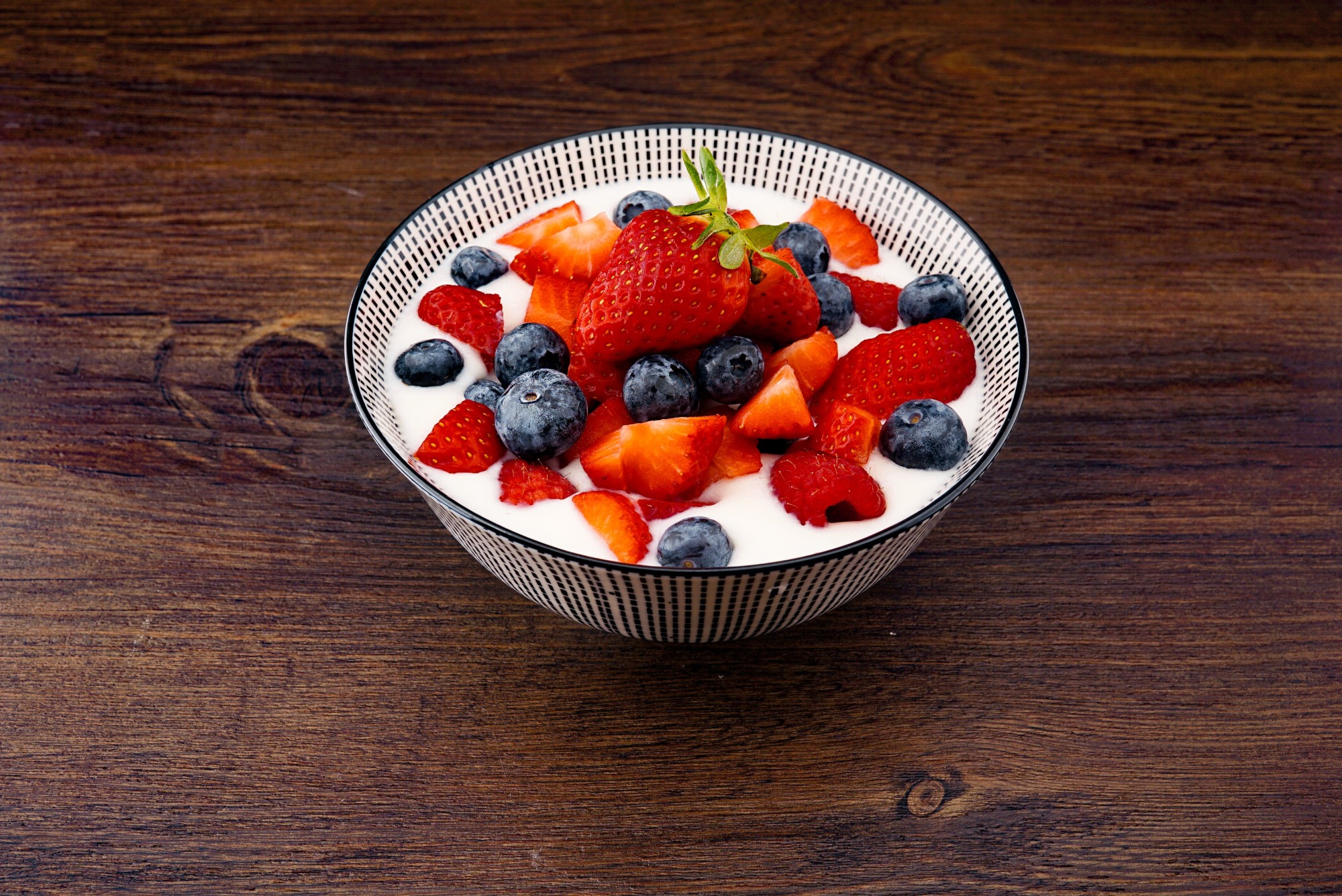 Let’s kick start our day with Plain Greek Yogurt with a drop or two of citrus oil (I like to use lemon or orange) topped with berries.
Let’s kick start our day with Plain Greek Yogurt with a drop or two of citrus oil (I like to use lemon or orange) topped with berries.
Photo by Wesual Click on Unsplash
 Let’s kick start our day with Plain Greek Yogurt with a drop or two of citrus oil (I like to use lemon or orange) topped with berries.
Let’s kick start our day with Plain Greek Yogurt with a drop or two of citrus oil (I like to use lemon or orange) topped with berries.Photo by Wesual Click on Unsplash
Specific oils support different body systems. For example, lemon essential oil is said to support a healthy circulatory system, and peppermint may support healthy digestion. All essential oils support the immune system to some degree, some, like cinnamon or oregano just do a better job at it.
As your essential oil collection increases, so does your know-how. You learn which oils are best to use in the morning. You create a mental list of diffusion blends that change the mood in your home, and you know which essential oils help you relax when added to bathwater. But did you know that many of our oils can be used in the kitchen? In addition to their ability to support wellness, essential oils can add great flavor to your cooking.
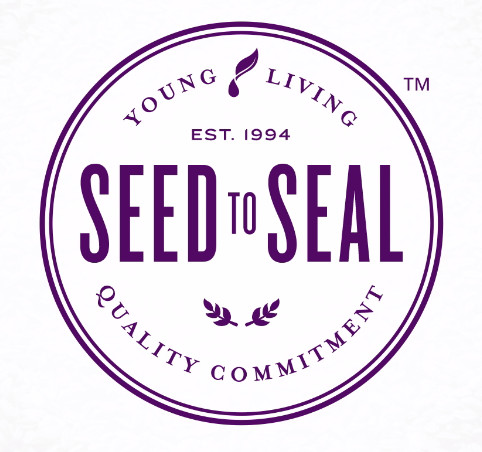
No additives or harsh chemicals
At first glance, it may seem like essential oils and flavored extracts have a lot in common—but they are completely different. To make something like peppermint extract, the plant parts are cold-pressed, then soaked in a liquid like alcohol. Most of the oils in the Young Living Vitality line are steam distilled. 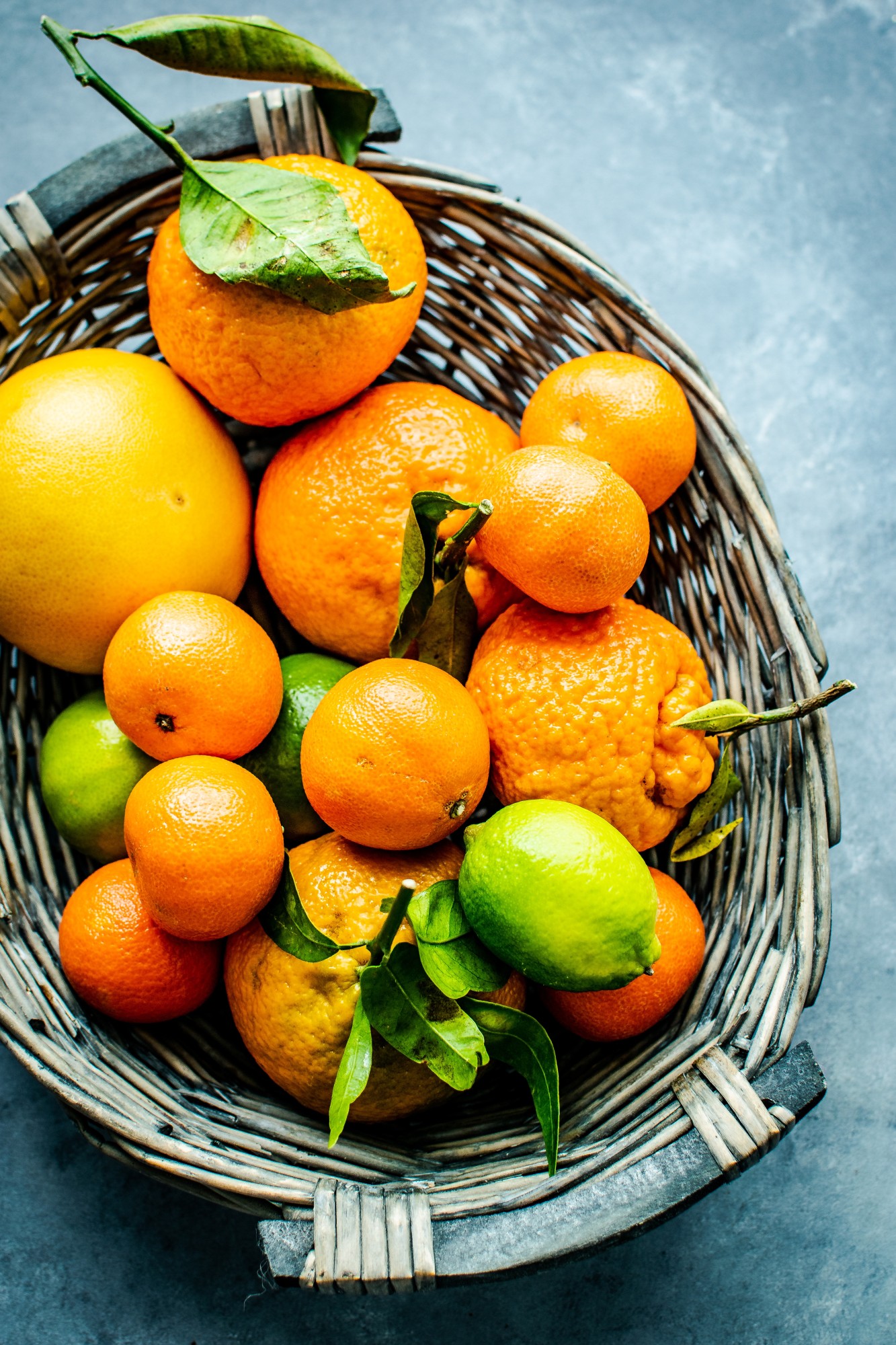

Photo by Monika Grabkowska on Unsplash
Citrus oils are cold pressed from the rind without the use of outside chemicals. As part of our Seed to Seal Promise, no alcohol, no solvents, no residuals chemicals from raising the plants as none are used during growing. Just plain pure essential oil.When it comes to using essential oils in your cooking, not all essential oils are created equal. Because of how some oils are made, they are not safe to consume. Make sure the essential oils you are going to use are labeled for internal use. The Young Living Vitality line was made especially for this purpose and just received the Non-GMO verification! You can find everything from basil and black pepper to ginger and grapefruit (there are 44 vitality oils so far in the collection).
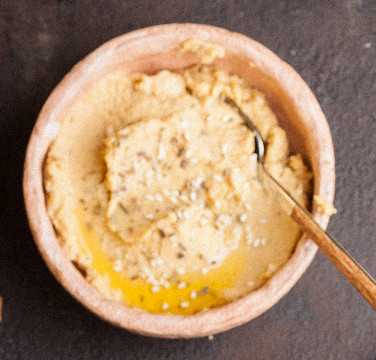
Unexpected guests? It is easy to have the ingredients on hand for Garlic Lemon Hummus. Because lemon essential oil is used instead of lemons, and can be whipped up in 10 minutes.
Photo by Mariana Medvedeva on UnsplashWhy should essential oils be used when cooking?- Essential oils are superior in flavor and potency over dried herbs.
- They have a longer shelf life than any dried herb, seed, or flower. When stored in a cool dark place, they will maintain their potency for years instead of months or in some cases days with dried and fresh herbs.
- You are infusing health benefits! Into everything you make
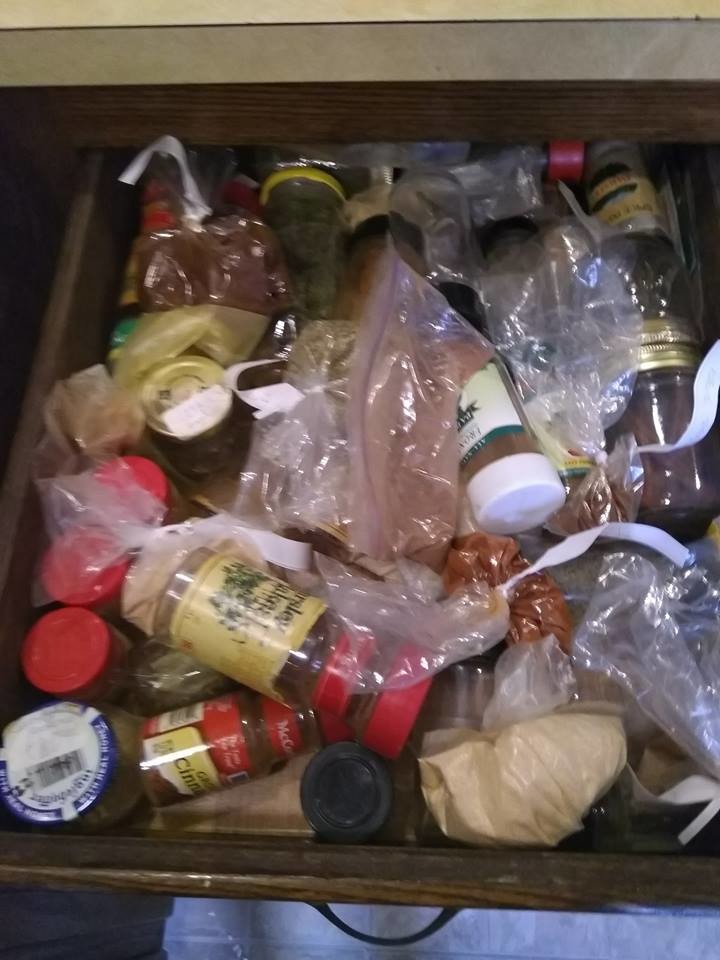
- Everyone likes to save money and time. You’ll always have what you need on hand. No more buying fresh herbs from the store for one sprig of Rosemary only to have it dry out and shrivel up before using again. No more flavorless dried herbs.
- Does your spice drawer look like this? Think about how much easier it is to keep your spice drawer neat, not to mention the space you will free up.
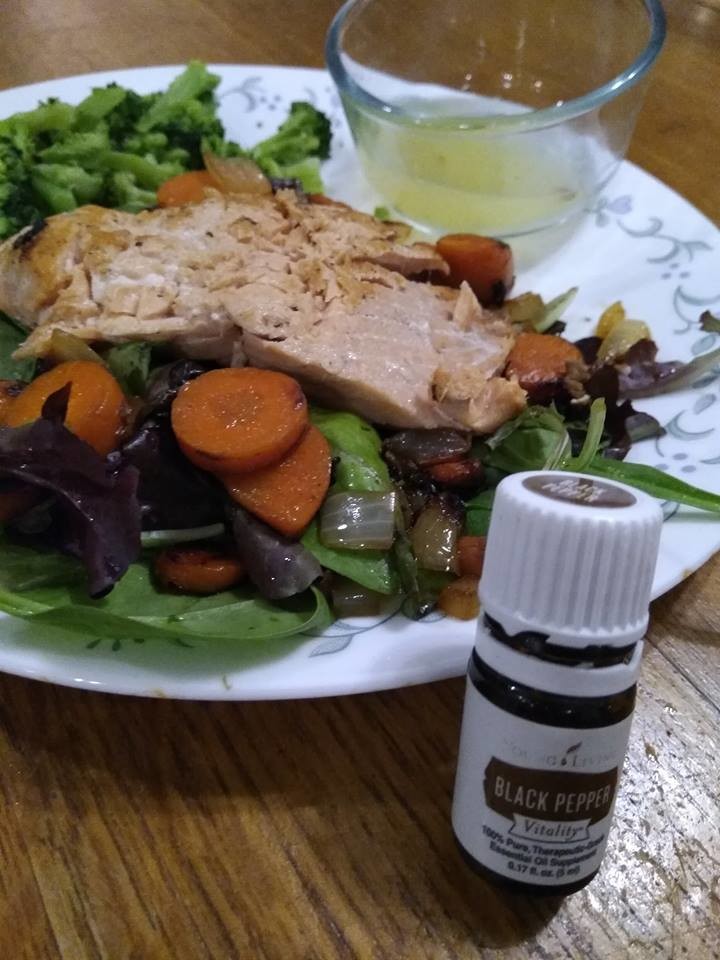 Salmon and vegetables on top of a bed of mixed greens. Lemon juice infused with black pepper essential oil.
Salmon and vegetables on top of a bed of mixed greens. Lemon juice infused with black pepper essential oil.Tips for replacing Extracts and Flavoring with essential oils:
- Only using high quality, pure, therapeutic-grade essential oils. Second, the label on your essential oil should state whether or not it is safe to use internally.
- If a recipe does not contain fat or oil, citrus oils can be a great substitute for juice or zest. If it does contain fat or oil like dressings or guacamole, you will want to use the juice as the acidity is needed to balance the fa
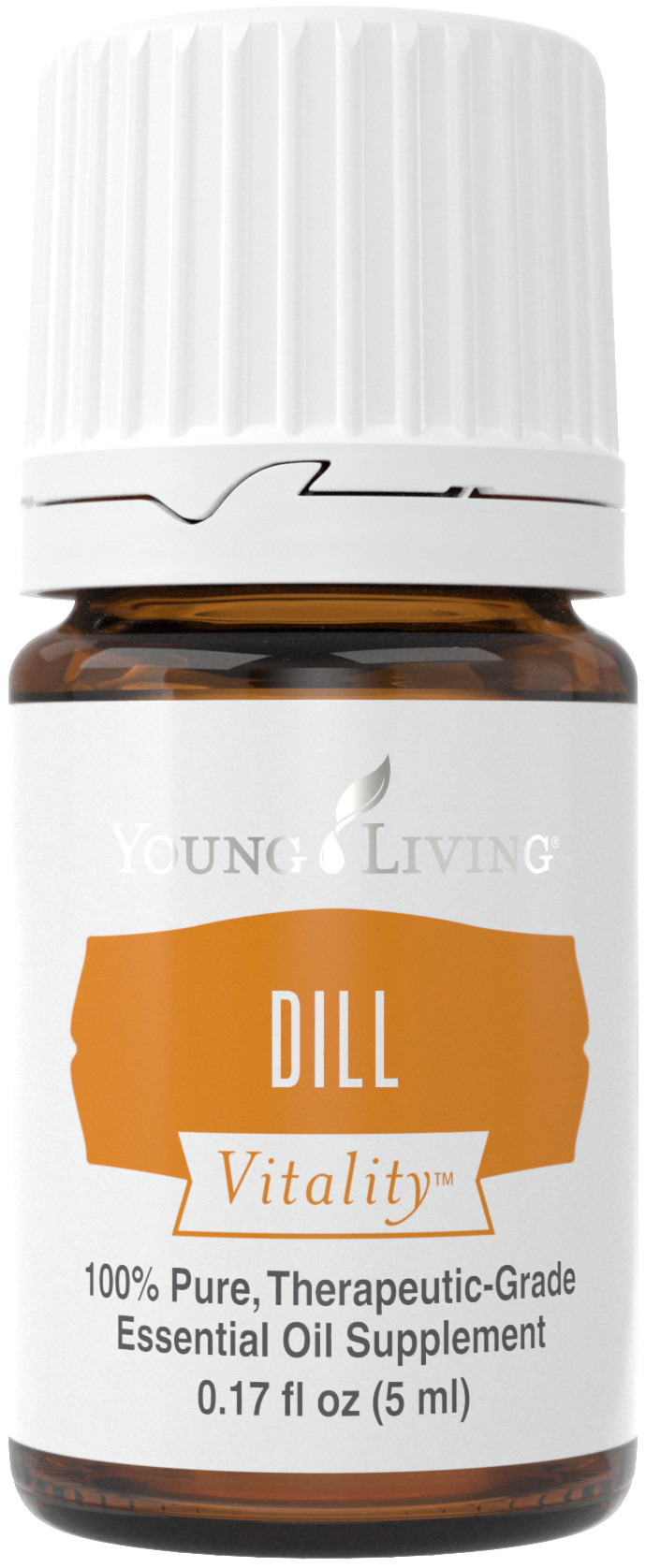 t. Although adding some essential oil to the recipe will bring out the flavor.
t. Although adding some essential oil to the recipe will bring out the flavor. - For herbaceous oils like basil, dill, or oregano, start with a toothpick dipped in the bottle and stir into the mixture and then add more to taste as needed. If you think the oil is strong or the recipe calls for less than the printed quantities, start with the toothpick.
- Keep in mind that since essential oils are so much stronger in flavor and purity than typical alcohol-based extracts and flavorings, always start with less and add more, as necessary.
When do you add essential oils to the recipe?
- Milder flavor oils, add at the end of cooking or just before serving. If you add them at the beginning of the cooking process, then the flavor will dissipate greatly when ready to serve.
- For the stronger oils, adding them while your recipe is simmering will
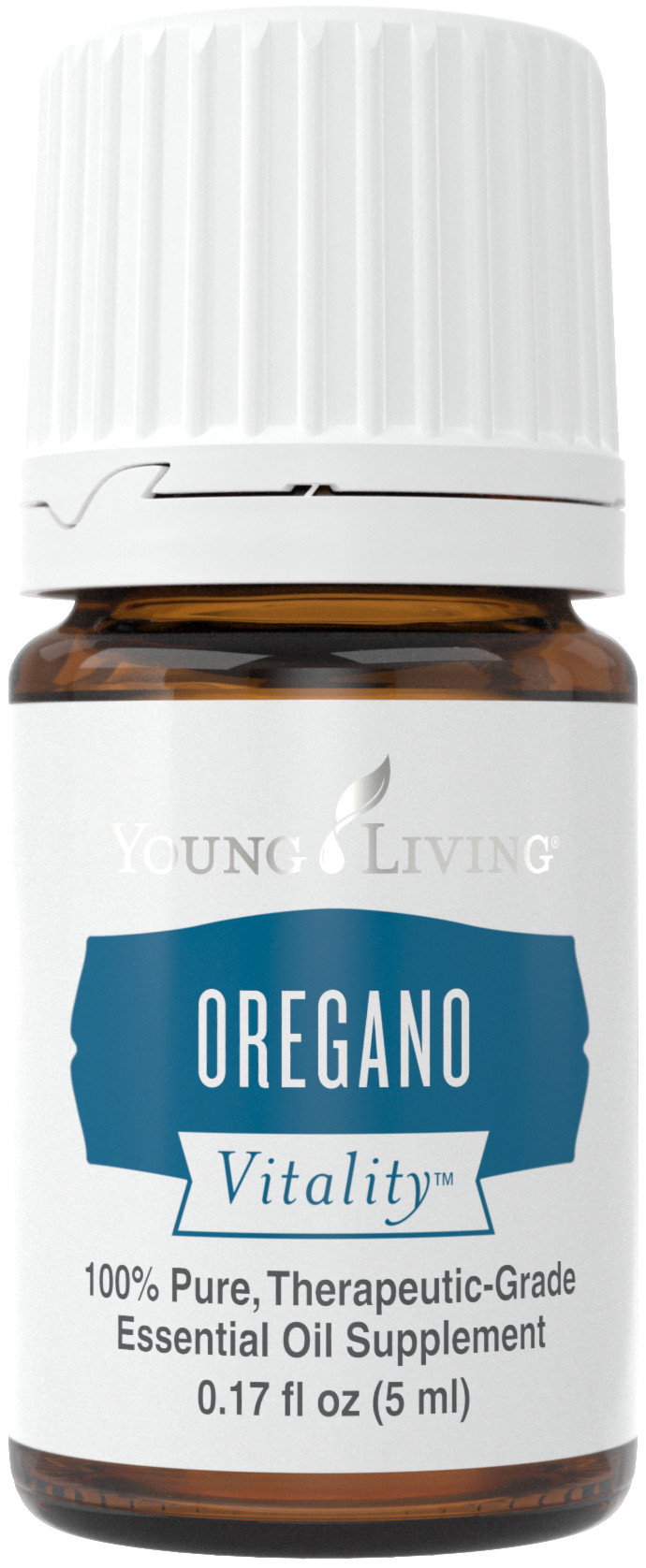 allow some to evaporate leaving a milder, delicious flavor when ready to serve. Oregano essential oil simmering in a pot of spaghetti sauce will make everyone eager for dinner!!
allow some to evaporate leaving a milder, delicious flavor when ready to serve. Oregano essential oil simmering in a pot of spaghetti sauce will make everyone eager for dinner!! - Don’t add oils when cooking above a simmer as the extra heat is not needed to dissipate the oil throughout the dish and it may destroy the health benefits of the essential oil.
- Since cooking with essential oils is all about figuring out what depth of flavor you enjoy in your finished dishes, we highly encourage lots of experimenting with your recipes.
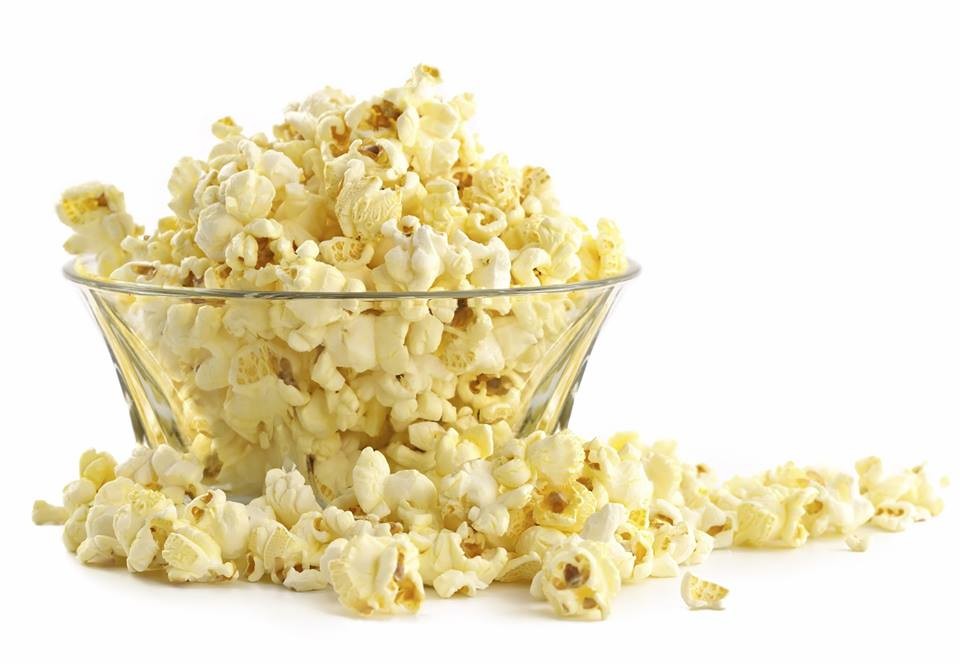
Movie night! Essential oils on popcorn? the flavor creations are endless. My favorite: Cinnamon or dill. My husband's is black pepper.
Using Young Living’s Vitality essential oils will open up a whole new world of flavor and aroma in the heart of your home…the kitchen. Have fun and enjoy!!!
Remember to Experiment in the Kitchen!!!
Kim for Cherished Vitality

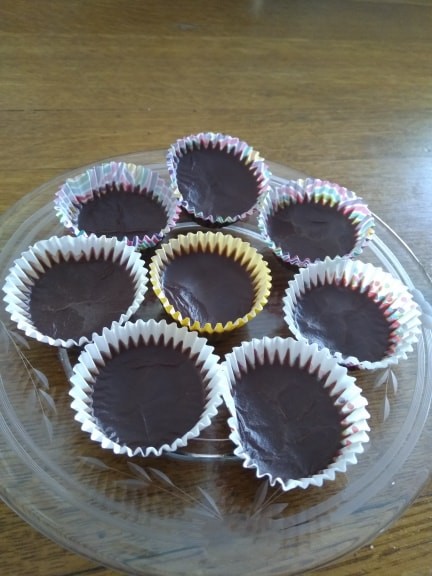

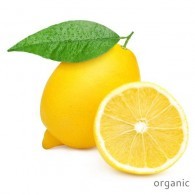
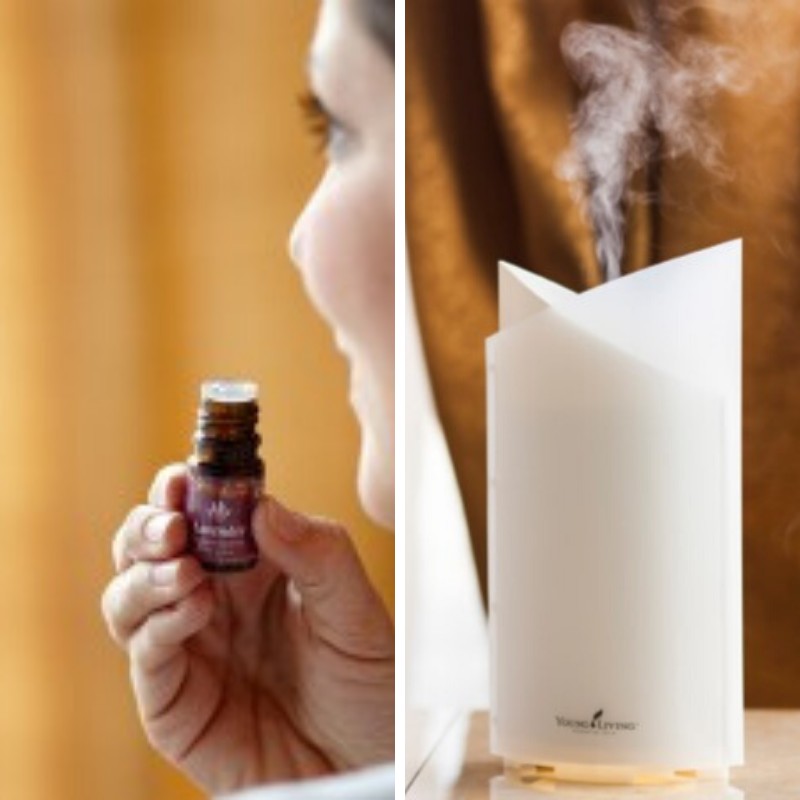

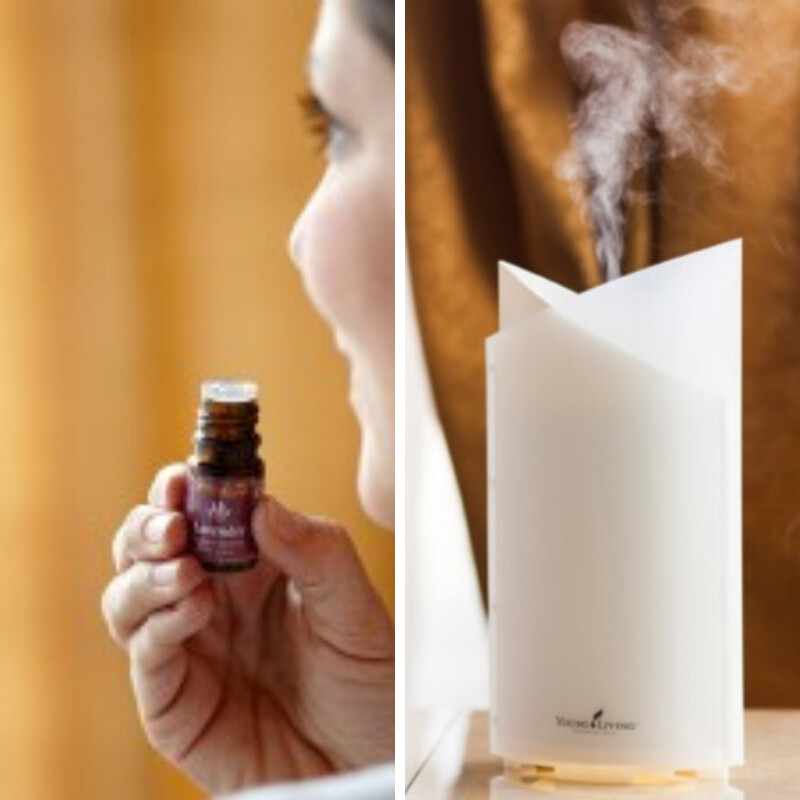
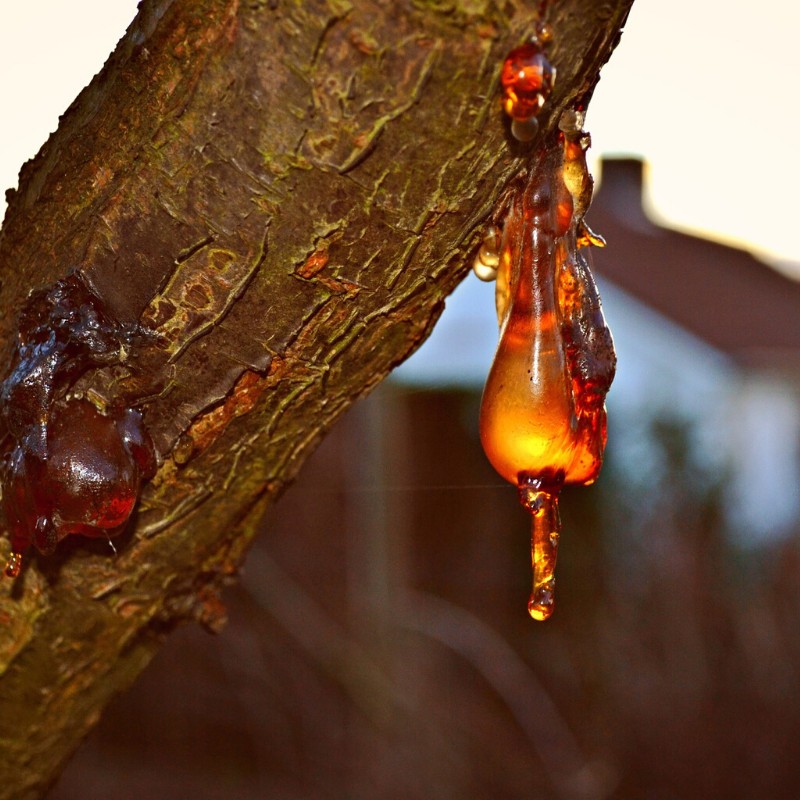


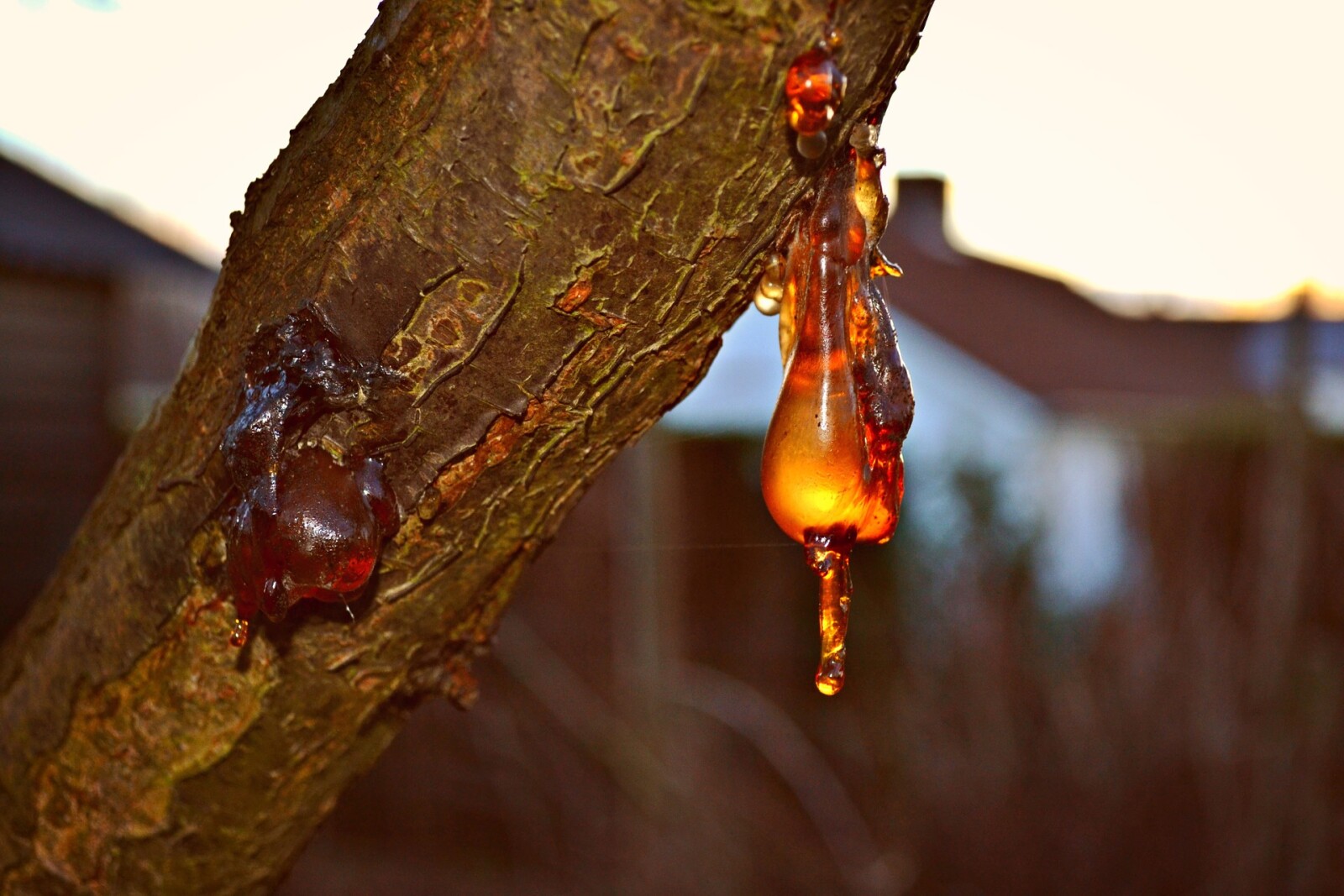

1 Comment